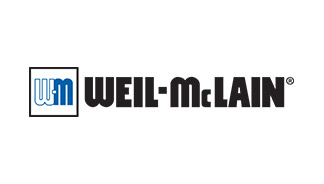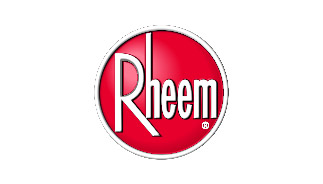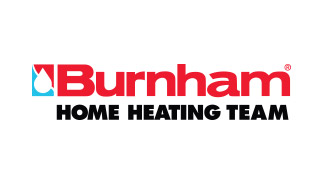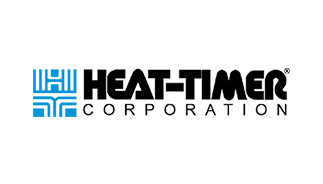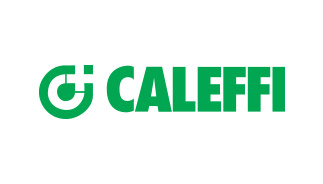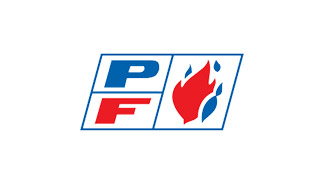Published on
May 30th, 2023What Is a BTU Rating Anyway? The History of the British Thermal Unit and How Heat Output Is Calculated
Every North American boiler or HVAC system measures energy consumption in British thermal units. What is a BTU rating? How did a BTU come to be a standard unit of measurement? Discover the answers that property owners such as you need to know.
What Is a BTU Rating?
The Definition of BTUs
A BTU refers to the amount of heat necessary to increase the overall water temperature by 1°F in one pound of water at a specific temperature, such as 38°F. The definition is somewhat loose because it can stand for BTUs per hour or — in the case of air conditioning units — BTUs of cooling capacity per hour. Despite the variances in definition, the BTU is a standard unit of measurement in North America, strangely more so than in Britain.
Because of the unit’s practicality, it routinely replaces the smaller metric unit of energy, a joule, in consumer goods. Another familiar yet somewhat confusing term for heat units is calories. A single BTU is equal to 252 calories, roughly a quarter of a food calorie or kilocalorie.
While scientists and researchers might use the metric unit to perform tests and studies, it is often inadequate for defining boiler and HVAC systems. Consumers are familiar with the rating system, understanding that higher ratings mean more energy consumption and greater output.
You do not want a system with too many BTUs for the square footage of a property. For example, what is the BTU rating for an average A/C system for a 2,000-square-foot residential property? Roughly 34,000 BTUs. Choosing a system with a larger output could shorten the system’s lifespan and cost you more than necessary. Also, routine maintenance is essential to ensure the system’s longevity, even with a correctly-sized boiler.
What Is the History of the BTU?
The Beginning of the BTU
According to Merriam-Webster, BTU first appeared sporadically in 1876, but there was mention around 1865. Despite the first references, many people credit the concept or inception of thermal energy measurement to James Prescott Joule, who first discussed several related ideas at an 1847 lecture titled “On Matter, Living Force, and Heat.”
Joule’s research eventually led to the metric unit of energy, the joule, which is essential to the calculation of BTUs and the understanding of a BTU rating. One BTU is approximately 1055 joules.
During the 19th century, thermal energy took on a vital role in the British economy; it was essential to powering steam engines. Steam power altered the course of history, allowing the British Empire to control or manage most of the known world.
There was one critical problem with steam power; without careful calculations, too much pressure would build in a system, causing it to explode. The threat to the country’s industrious infrastructure demanded accurate metrics for measuring energy, specifically heat energy. British scientists and industry experts found their solution in the British thermal unit.
The Credit of Authorship or Invention
Who was the first person to answer the question, “What is a BTU rating?” Unfortunately, it is not clear where the term originated or who first described it. While Joule deserves much credit for developing thermal heat measurements and science, he is not the father of the BTU.
In 1885, in an article for the publication Steam Engines, William John Macquorn Rankine wrote about the “thermal unit” and a “unit of heat” but never specifically mentioned British thermal units or the abbreviation. It wasn’t until 1897 that the term gained widespread acceptance in the engineering community. Still, the author, the first person to define a thermal unit as a BTU rating, is unknown.
Before the adoption of the term, William James Baldwin, a respected steam engineer of the 19th century, described how engineers initially used measurements of radiating surfaces and room materials to calculate systems and outputs. It wasn’t until 1893 that Alfred Wolff first introduced the heat-unit practice. In 1895, Professor De Volson Wood of the Stevenson Institute of Technology wrote about BTUs as an imperial unit of measurement in the publication “Thermodynamics.”
Ultimately, the term BTU seems to have evolved from the phrase “heat unit.” By the 1900s, BTU was becoming more popular, eventually becoming the primary unit of measurement for consumer goods and appliances in North America.
What Is the BTU Rating Formula?
The Calculation of BTU/Hr
Before calculating the BTU, you must determine your boiler type. For example, to find the BTU rating or per hour calculation for your properties hot water boiler, you must find the water flow, temperature difference, and only then, the output of the boiler. All three figures require calculations.
The water flow of a hot water boiler refers to the through rate of water in pounds per hour. You first must know that 1 gallon of water weighs 8.31 pounds. Next, you need to locate the amount of water that flows through your boiler every minute. For the sake of this example, assume the system sends 800 gallons through the boiler per minute.
Start by calculating the gallons per hour (800 GPM x 60 min = 48,000 GPH). Next, calculate the pounds per hour for the flow rate (48,000 GPH x 8.31 lbs/gal = 398,880 lbs/hr).
Calculate the temperature difference between the cooler and warmer water using the delta T formula. You subtract the cooler temperature, say 160°F, from the warmer temperature, 180°F, for the result of 20°F.
Finally, you can calculate the BTU rating of the boiler. Take the flow rate result (398,880 lbs/hr) and multiply it by the delta T solution (20°F) for the result of 7,977,600 BTU/Hr. The calculations when using specific system measurements will help determine the proper output of your property’s boiler.
Where Can You Find Help Understanding A BTU Rating?
Work With Calray Boilers for Proper Installations and Equipment Recommendations
What is a BTU rating? It is a measurement of the heat or energy output of systems such as your property’s boiler. The unit of measurement has a fascinating history and complex calculations, and boiler professionals likely know all about it. Contact Calray Boilers at 212-722-5506 to discuss your system, learn more about BTU ratings, and schedule routine maintenance to ensure all is in working order.
